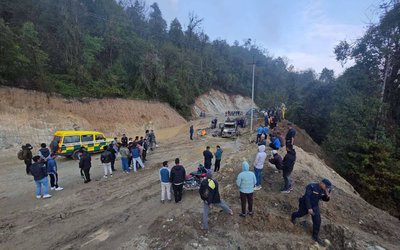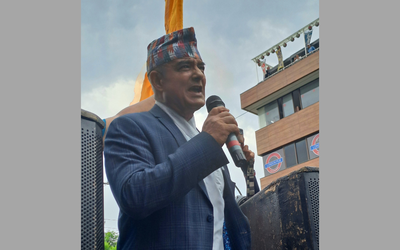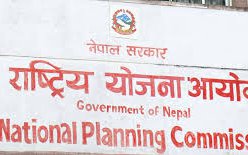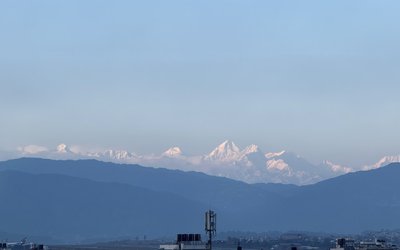I feel honored and proud to be in Iraq while writing this piece on World Humanitarian Day, because Iraq is the genesis of World Humanitarian Day. This day was designated in memory of the 19 August 2003 bomb attack on the Canal Hotel in Baghdad, Iraq, killing 22 people, including the chief humanitarian in Iraq, Sergio Vieira de Mello.
World Humanitarian Day is to acknowledge the work of humanitarian workers around the world who bring assistance, relief and hope to the millions of people affected by humanitarian crises around the world.
Around the world, humanitarian action is saving lives and minimizing human suffering every day while confronting several challenges. Today over 167 million women, men and children need daily life-saving humanitarian assistance and protection.
Humanitarian workers manage and develop emergency response programs, and typically operate in front line conditions, helping communities to rebuild their lives after disasters, to become more resilient to future crises, to advocate for their voices to be heard, and to build lasting and sustainable peace and development in areas hit by human or natural disasters.
Humanitarian workers often risk their own lives to provide humanitarian assistance and protection to the affected people. Humanitarian workers have minimal protection and they are exposed to personal dangers in any crisis response. They face additional political, legal and security risks in the communities and displaced settlements. Sometimes humanitarian workers are a target to get international publicity or attention.
The freedom of the press and the safety of the journalists have been a concern in different parts of the world. Female front line workers face additional risks due to pre-existing gender norms, roles and power dynamics in society.
The current state of geopolitics, recurrent flood and landslides, and the COVID-19 pandemic mean that the humanitarian crisis is getting protracted across many parts of the world. These crises are disproportionately affecting already poor, vulnerable and displaced populations.
World Humanitarian Day is another day of commitment and dedication to bring positive changes in the lives of the people.World Humanitarian Day also draws attention to humanitarian needs, and to improve quality, compliances and accountability responding to humanitarian crises.
Being a humanitarian doesn’t have to mean working for a humanitarian organization or traveling to a conflict zone. One can volunteer to serve the affected people in need as one can to show that you care. In any case of disaster, it’s the community who plays the role of first responder.
Author: Dr. Prabin Manandhar is an expert of international development. Currently, he is working in Iraq as Country Representative of The Lutheran World Federation. He is the Former Chair of the Association of International NGOs in Nepal (AIN). He is also a visiting faculty at the Kathmandu University and the Tribhuvan University Institute of Crisis Management Studies. He can be reached atprabin.manandhar11@gmail.com
- From Nepal to Myanmar: Navigating Earthquake Response Lessons
- Apr 13, 2025
- World Humanitarian Day 2024: Committing to Peace and Accountability
- Aug 19, 2024
- Nepal Investment Summit: Unlocking Economic Potentials For Growth And Development
- Apr 28, 2024
- Investing In Women: Accelerating Progress
- Mar 10, 2024
- Embracing The 'Empty Chair: Advancing Global Inclusivity And Equitable Development
- Dec 29, 2023















